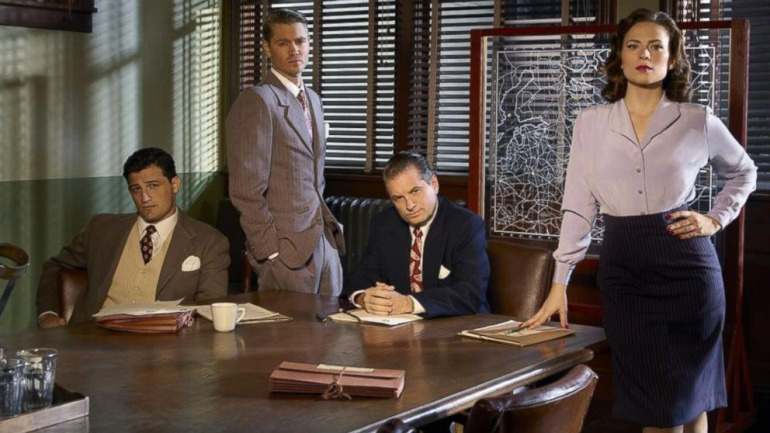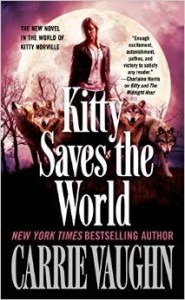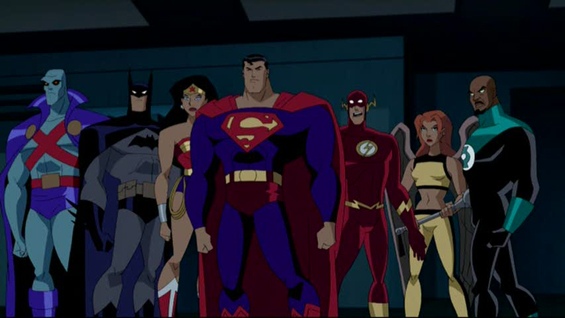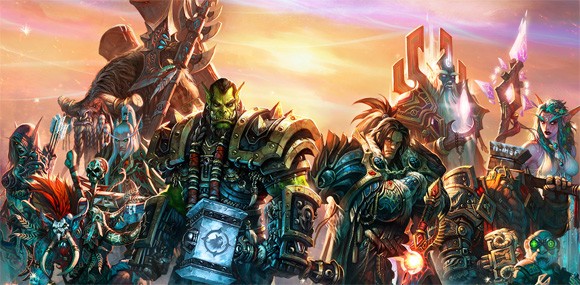
For all Marvel’s recent success at the box office with its Cinematic Universe, its small-screen efforts have thus far been a mixed bag. Most people will agree that its first series, Agents of SHIELD (I refuse to put the periods in there), got a lot better once it caught up with the events of Captain America: The Winter Soldier, but there’s no doubt that it struggled at first to define itself, lacking both the personality and—more forgivably given its budget—the grandeur of the Marvel films. Their second series, Agent Carter, has improved by leaps and bounds over SHIELD’s debut even as SHIELD itself in its second season has begun to bring much more life and excitement to its proceedings with an expanded and more-colorful cast freed to the bureaucratic doldrums of the series’ beginning. Later this year, Marvel’s television roster will have doubled with the arrival on Netflix of both Daredevil and AKA Jessica Jones, with three more series to follow further down the line—and all within the same contiguous universe as the films.
For Star Wars fans, Marvel is the ultimate guinea pig for the Age of Disney. What success Marvel has had at the box office Lucasfilm now seeks to reproduce with both a sequel trilogy and no doubt several standalone films, and with more options for small-screen, lower-budget productions than ever before, it stands to reason that they’re watching Marvel’s television operations with great interest. Here are some things I think they should keep in mind. Read More
 Recently one of my authors, Carrie Vaughn announced the end of her main series. I call her ‘one of my authors’ because for the past 6 years I could always count on her to have a new book (or two) out each year. For someone who reads as much as I do this is important. Star Wars was winding down and not producing as much in the past and I have to have a book on me all the time. She’s an author that I’ve met and hung out with on several occasions over the years that I adore because she’s so personable and always forthcoming with the fans. For years she has said, “If you ever see the title Kitty Saves the World, that is the last book for my main character. So as an avid reader I’m sure you can all imagine my dismay at seeing her Facebook post a few weeks ago with the image of a new book with that title. One goes through various stages of grief all in an instant when one finds out a favorite series is ending. However, upon further reflection I heartily applaud Vaughn’s decision.
Recently one of my authors, Carrie Vaughn announced the end of her main series. I call her ‘one of my authors’ because for the past 6 years I could always count on her to have a new book (or two) out each year. For someone who reads as much as I do this is important. Star Wars was winding down and not producing as much in the past and I have to have a book on me all the time. She’s an author that I’ve met and hung out with on several occasions over the years that I adore because she’s so personable and always forthcoming with the fans. For years she has said, “If you ever see the title Kitty Saves the World, that is the last book for my main character. So as an avid reader I’m sure you can all imagine my dismay at seeing her Facebook post a few weeks ago with the image of a new book with that title. One goes through various stages of grief all in an instant when one finds out a favorite series is ending. However, upon further reflection I heartily applaud Vaughn’s decision.


